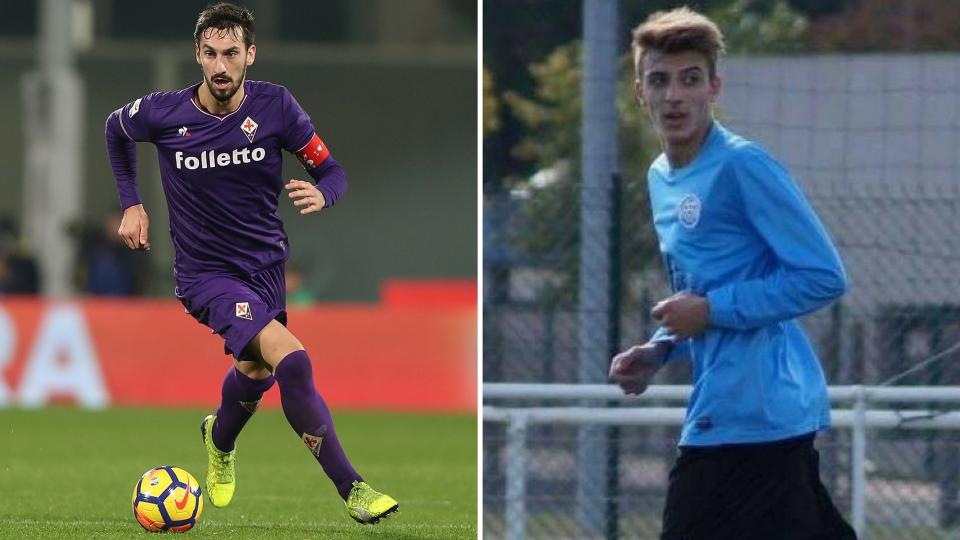Guillem Balague: Super fit players will continue to die young while football ignores the American system

Five days after the death of Fiorentina captain, Davide Astori, the French full back, Thomas Rodriguez who plays in the reserves side of second division Tours was found dead in his room. He was just 18 years old.
Another unexplained death of another ostensibly super fit young man just beginning his journey along the path to hopefully realising his dream of becoming a professional footballer. Another family left to grieve the wickedly premature passing away of a loved one due to sudden cardiac death, a condition which in the United States alone takes the life of a competitive young athletes at the average rate of one every three days.
I spoke to Francisco Moya, the Director of International Medical Services and Consultant in Emergency, Sport and Exercise Medicine, based at the Vithas Xanit Hospital in Malaga in Southern Spain and a man who has dedicated much of his life to studying the sudden death scenario that occasionally and agonisingly blights football.
READ MORE: Tours teenager Thomas Rodriguez dies at 18
READ MORE: Serie A – Fiorentina pay emotional Astori tributes
His analysis of the situation does not make for easy listening.
While he admits that it is currently mandatory following FIFA and UEFA recommendations that all professional players have a cardiac study including ECG and a cardiac ultrasound prior to competition he still believes that, “in my personal opinion most of the football club’s medical departments are not properly resourced and organised and that a new approach more in keeping with the USA professional sport medicine model must be considered and sought.
“Sudden non traumatic cardiac death generally occurs in young people (generally under 35 years of age) and happens most of the times due to predisposing genetic conditions and commonly happens when associated to physical activity,” he adds
These conditions can be prevented with screening programmes in all competitive sports at all levels. These screening programmes usually consist of orientated history, clinical examination and an electrocardiogram.
He added that despite all of these measures, some times due to multiple factors, deaths can happen, and when they occur a revision of all the potential factors contributing to it must be sought with the aim of identifying any potential mishaps to avoid them in the future.
Warning
And while any such genetic heart problems can be difficult to diagnose, many – some studies claim as many as half of those that have subsequently died from the condition – have had warning signs in the past.
Among them is the suffering of dizzy spells or passing out during exercise which can be a sign that your heart’s rhythm was out of sync long enough to make you collapse but enable you to return to normal quickly enough to allow you to wake up.
Another warning comes from fainting when hearing a loud noise or being startled and thirdly a family history of sudden death at a young age.

And here’s the rub.
If you are a young, fit, ambitious, hungry young talented footballer desperate to succeed in the sometimes dark, always deeply competitive world that is professional football would you be rushing to your medical team and tell them you are suffering dizzy spells and occasional fainting after training if you felt it could potentially jeopardise your future participation in the game?
In truth footballers, along with so many other top sportsmen need to be protected from themselves
The premature death of any person before their time – sportsman or otherwise – is a tragedy but when it occurs in sport, the words of another great footballing Italian, Arrigo Sacchi once again spring to mind and take on a deep significance.
“Football,” he said, “Is the most important of the unimportant things in life.”
And Dr Michael O’Hooghe, UEFA Medical Committee Chairman spoke for everyone when he summed it up in just 10 words: “Nobody should die playing football, the game we all love.”
And it is “football” an industry that sees so many people rewarded so handsomely that needs to do something urgently to address the situation so more parents will not have to bury their children and more mothers will not have to tell their children that their father won’t be coming home.

 Yahoo Sport
Yahoo Sport 






































